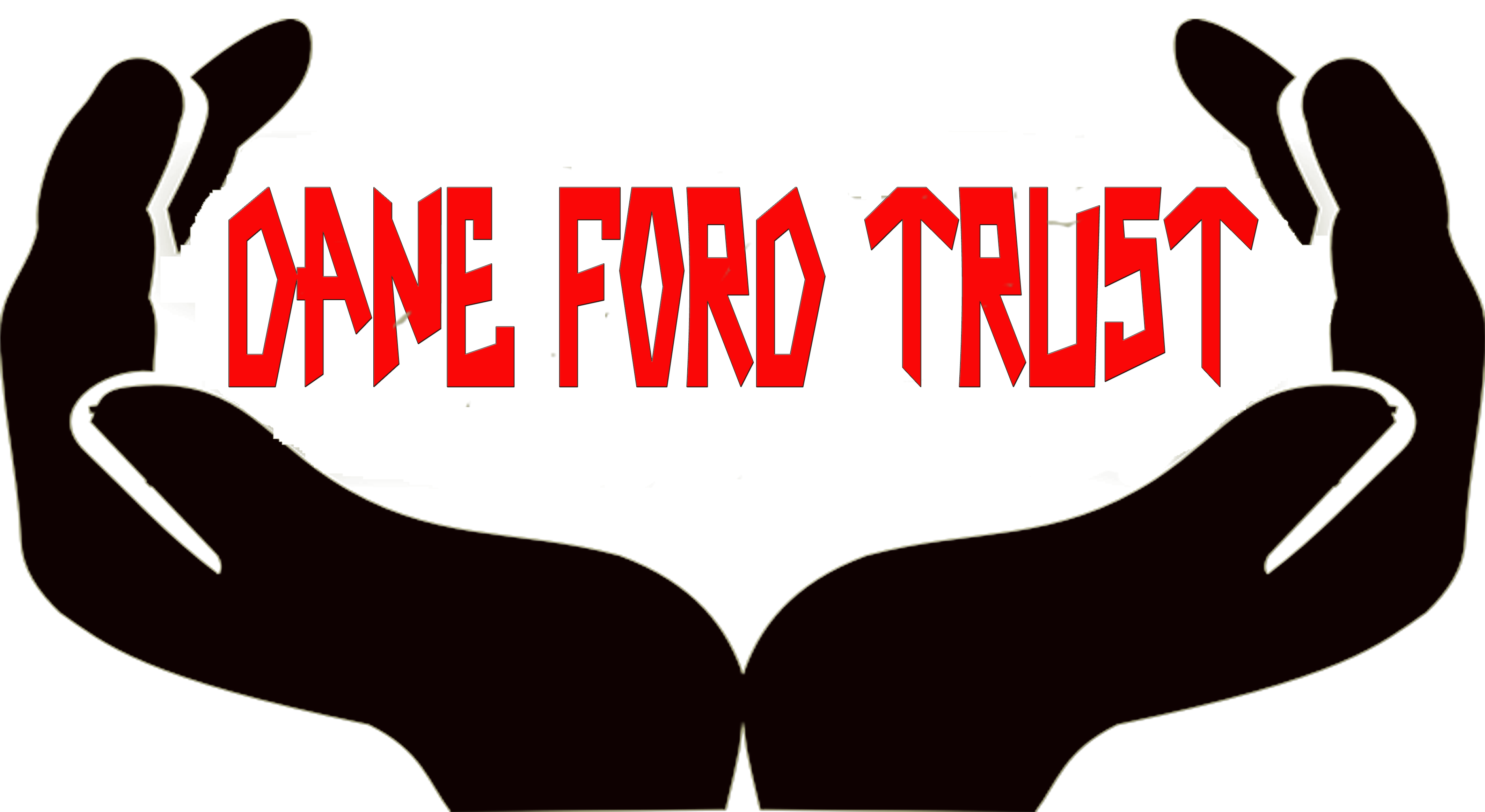In today’s fast-paced and dynamic work environment, teams are needed to achieve organizational success. However, with diverse personalities and opinions, conflicts are inevitable. Embracing conflict resolution and fostering team cohesion is essential for empowering teams and unleashing their full potential.
To help, here are effective strategies to resolve conflicts within teams and build a harmonious and cohesive work environment.
Understanding the Value of Conflict
Conflict is not inherently negative; in fact, it can be anincentive for growth and innovation. Conflict encourages open communication, stimulates creativity, and helps teams explore multiple perspectives when managed constructively. Leaders should emphasize the distinction between healthy disagreements and toxic conflicts, allowing teams to harness the benefits of conflict without causing harm.
To better understand the value of conflict, companies can invest in leadership courses. Managers and leaders can utilize this and implement all the learnings to resolve conflicts easily.
Effective Communication and Active Listening
At the heart of successful conflict resolution lies effective communication and active listening. Encouraging team members to express their ideas, concerns, and viewpoints in a safe space fosters an environment of trust and respect. Leaders should act as role models by actively listening to team members’ grievances and feedback without judgment. Such practices lay the foundation for conflict resolution based on understanding and empathy.
Mediation and Facilitation
In cases where conflicts become challenging to handle within the team, a mediator or facilitator can play a pivotal role. In addition, there are program management courses that leaders can take advantage of better resolve such problems.
Mediation encourages team members to collaborate in resolving conflicts, resulting in a stronger sense of camaraderie and collective problem-solving.
Promoting Emotional Intelligence
Empowering teams through conflict resolution also involves nurturing emotional intelligence. Team members who possess emotional intelligence can recognize and manage their emotions and understand their colleagues’ emotions. By promoting emotional intelligence, teams can navigate conflicts with sensitivity, reducing the potential for conflicts to escalate.
Establishing Common Goals and Values
Empowerment thrives in an environment where teams share common goals and values. When teams are aligned in their purpose, conflicts should revolve around finding the best approach rather than clashing interests. Leaders should communicate the organization’s mission clearly and encourage groups to develop their shared objectives, enabling a cohesive and focused workforce.
Continuous Learning and Growth
Empowering teams is an ongoing process that requires continuous learning and growth. Leaders should facilitate conflict resolution workshops, communication training, and emotional intelligence development sessions. By investing in team members’ personal and professional growth, organizations create a culture of empowerment that supports healthy conflict resolution and teamwork.




